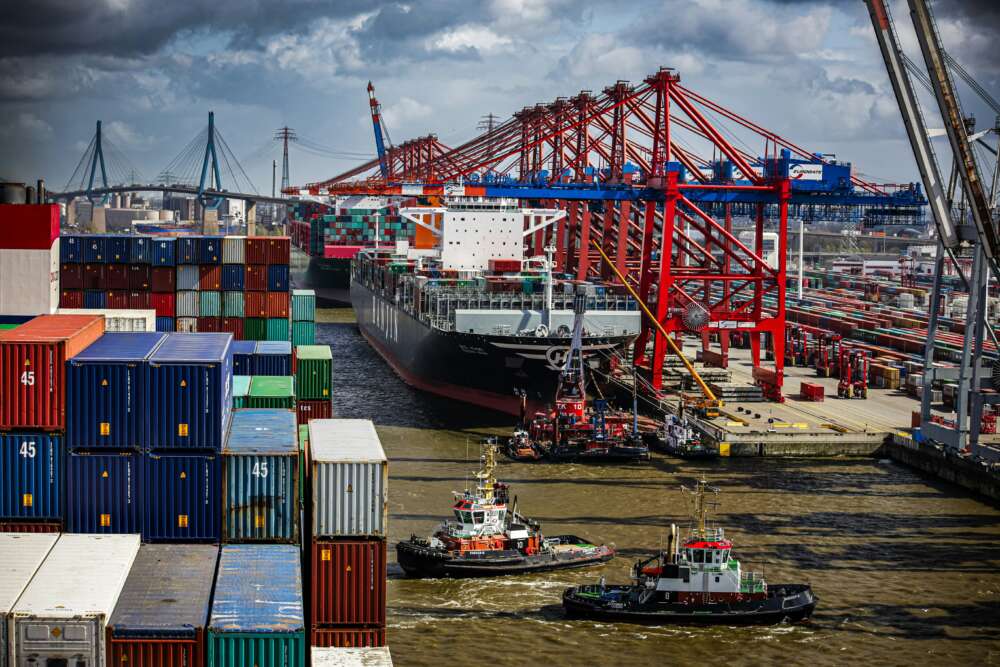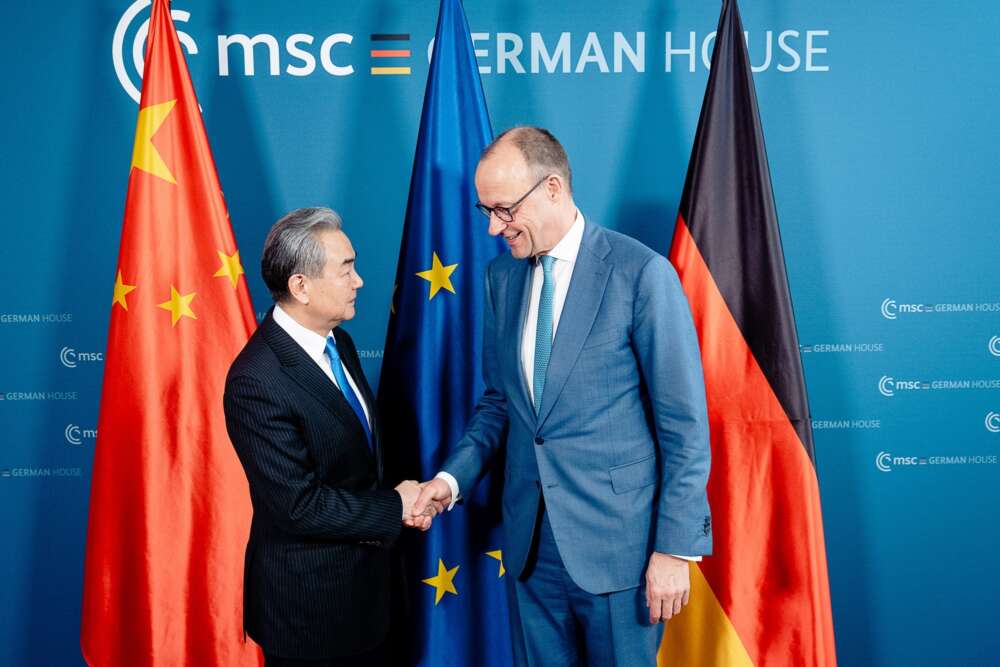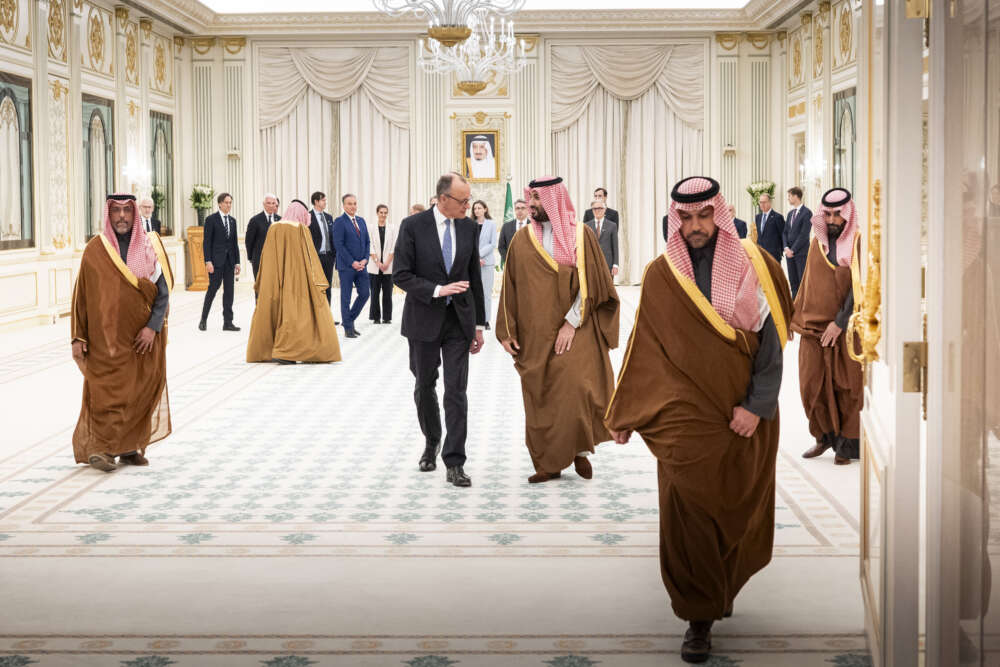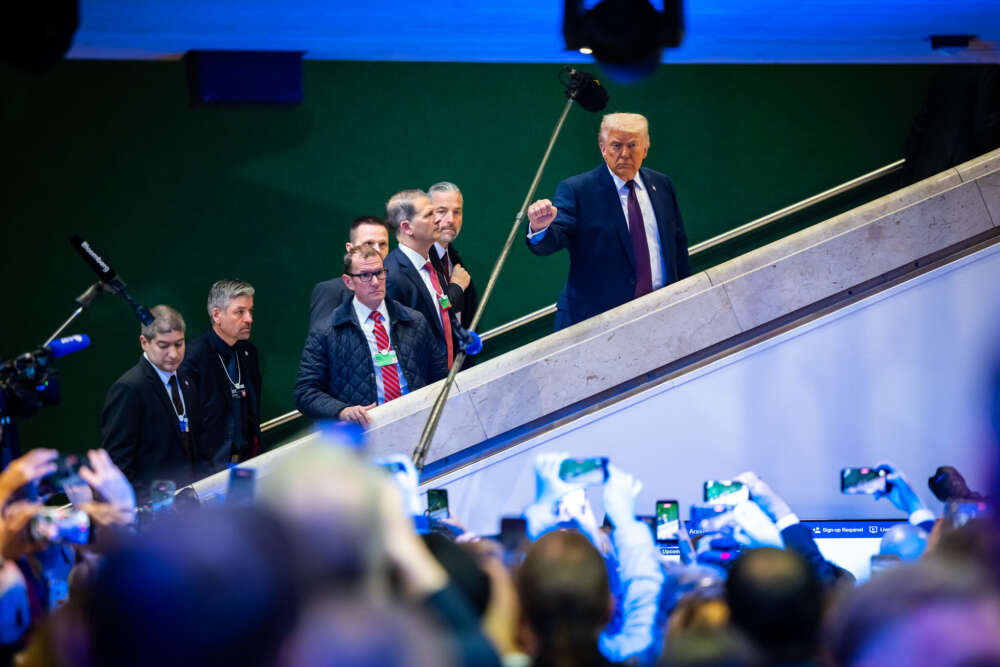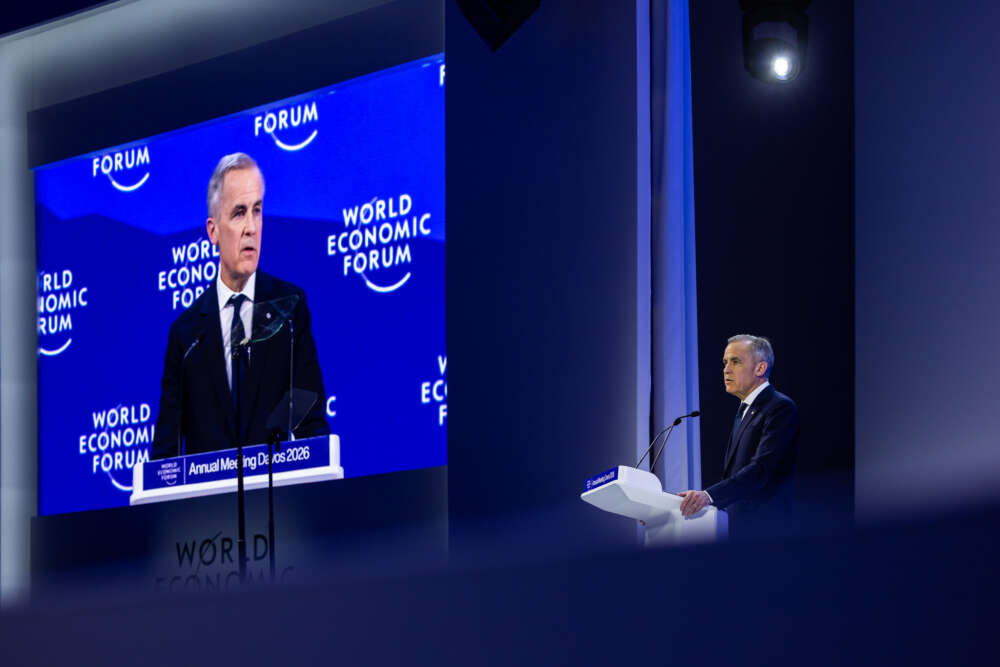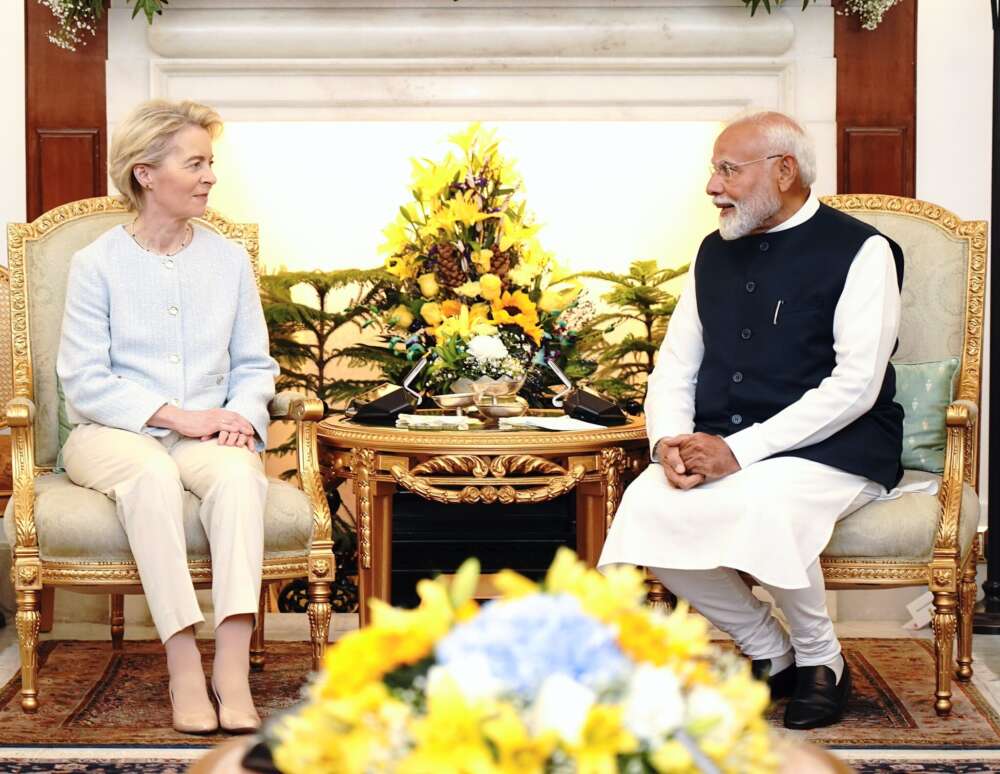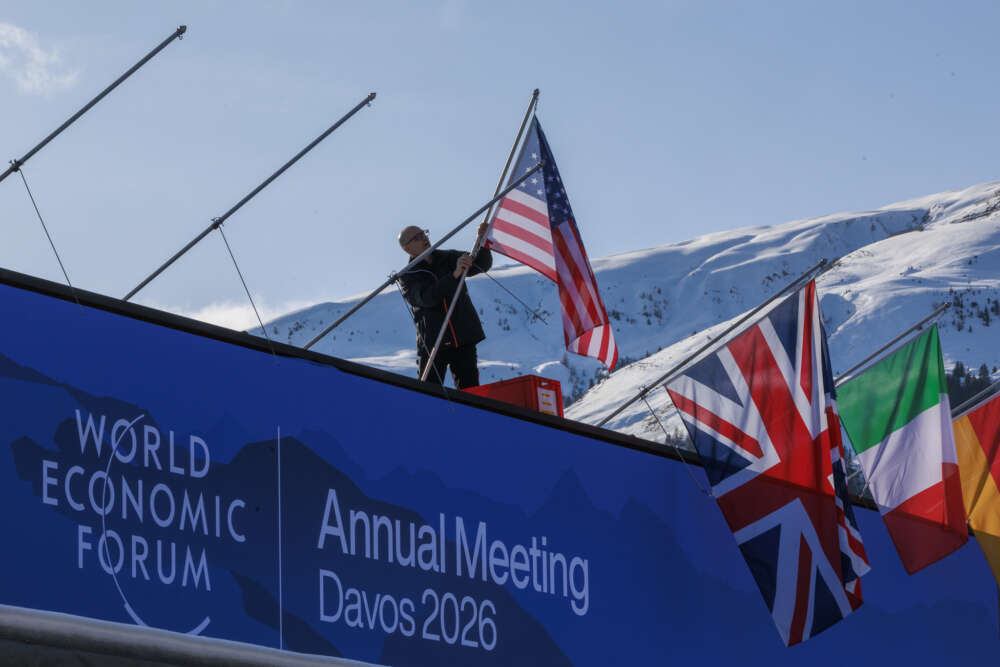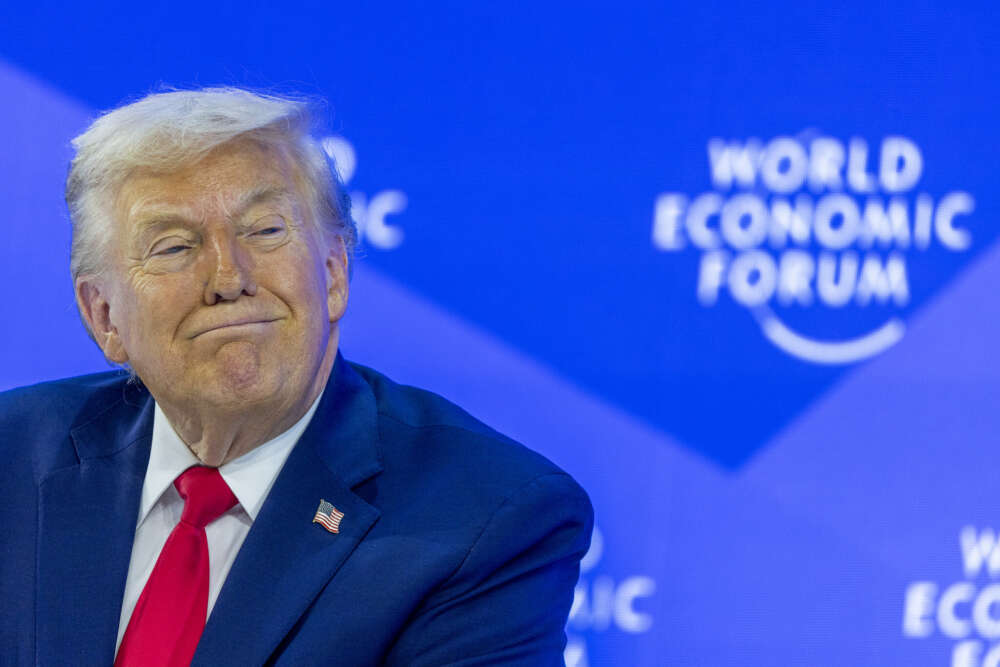Gerhard Schröder’s Beijing Connection
How the Former German Chancellor Thrives as an Apologist for the Chinese Party-State
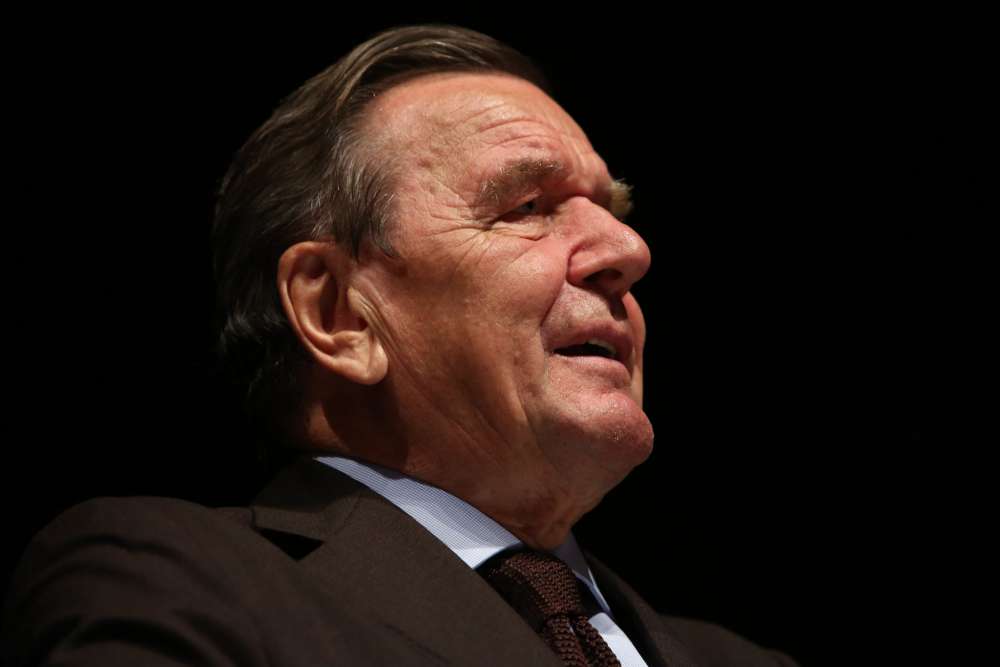
When dissecting the lost honor of Gerhard Schröder on the occasion of his 80th birthday this Sunday, the focus will be on the former German chancellor’s cronyism with Russian President Vladimir Putin and his work as a hired gun for Kremlin companies such as Rosneft and Nord Stream. Often overlooked is the similar role that Schröder fulfils vis-à-vis China. The same fatal interplay of ego, ideology, and profit so well-received in Russia has turned Schröder into an apologist for the Chinese party-state. Much like with his ties to Moscow, the former Social Democratic (SPD) chancellor is the biggest fish in Beijing’s pond – but there are many others with him, including from the Christian Democrat (CDU/CSU) and Liberal (FDP) parties. Beijing has perfected the art of using former politicians for its own purposes.
By the time he left the chancellery in 2005, Schröder’s energetic pro-Beijing policy had earned him what he himself described as the “wonderful honorary title” of “Old Friend of the Chinese People.” Toward the end of his tenure, for example, Schröder strongly advocated an end to the arms embargo against China, imposed by Europe in 1989 after the Tiananmen Square massacre. He was not successful – the embargo still exists today – but he nevertheless earned Beijing’s lasting gratitude.
As former chancellor, Schröder remains a welcome guest in China. He travels to the country three to four times a year, almost always to the benefit of his own ego or bank account. It is not unusual for the Chinese party-state to cover the costs via one of its vehicles – and it is not made public just how high the expense allowances are. German magazine Der Spiegel wrote in 2007: “Schröder keeps quiet about his private business; sometimes he reacts as sensitively as if someone had claimed again that he dyes his hair.” After Schröder gave a presentation at a Wenzhou textile company in 2007 on the question “How to establish an international brand?,” a local Chinese newspaper speculated that every word he uttered cost the organizers approximately 100 euros.
With his reputation as a former chancellor, Schröder burnishes the crown jewel of authoritarian-state capitalism. He serves on the International Advisory Council of the communist regime’s largest sovereign wealth fund, the China Investment Corporation. As a member of the Council, Schröder advises this central instrument of Beijing’s global economic power. Schröder also uses his former position as a door opener for investors in China. For example, while under contract with the Swiss publishing house Ringier, Schröder introduced its director to the Politburo member responsible for publishing in 2006. Martin Herrenknecht, head of a leading German tunnel-boring company that has invested in China, raved about Schröder’s door-opening qualities: “Schröder is a great guy, he is ideal for us medium-sized companies. He has good contacts.” To express his thanks after joint appointments in China, Herrenknecht gave Schröder the company jet for his return journey home to Germany, while Herrenknecht flew commercial to other commitments in Asia.
Even at 80 years of age, Schröder still visibly enjoys touring China: giving speeches, visiting companies, and being celebrated like a state guest at receptions. The former chancellor provided insights into one such trip for an outstanding new documentary produced by German public television, in which filmmaker Lucas Stratmann accompanied Schröder on a trip to Wuhan, Wuxue, and Chengdu last September. The Global Alliance of Small and Medium Enterprises (GASME), formally a non-governmental organization with consultative status with the United Nations, organized the program and funded Schröder’s participation. De facto, GASME is an instrument of the Chinese party-state, and the organization, among other things, brings prominent international speakers to China for events that serve Beijing’s goals. For guests like Schröder, GASME offers the all-around carefree package of a fully organized trip – including drafted speeches.
It is easy to caricature Schröder’s trip as a cabinet of curiosities. When visiting the Wuchang University of Technology, he is suddenly awarded an honorary doctorate. During a company visit to China Yunhong Group, Schröder talks shop about edible tableware. And in the evening, the former chancellor attends a gala dinner complete with flag-waving children. Yet the assignment of Shin Mingde, former Chinese ambassador to Germany and an éminence grise in Beijing’s relations with Berlin, to greet Schröder with a hug and accompany him on the trip shows just how closely Beijing controls the visit. And after his trip, Schröder took part in the China Investment Corporation’s annual forum in Hong Kong.
Schröder clearly enjoys the esteem in which he is held everywhere in China, unlike in his own country. In return, he lashes out at German Foreign Minister Annalena Baerbock, who advocates a more realistic view of China. Speaking with Stratmann, Schröder considers Baerbock’s China stance to be a “terrible misguided development,” lamenting “the damage that is being done in [German] foreign policy.” “Professionalism,” according to Schröder, is currently “rather underdeveloped” at the Federal Foreign Office. For the former chancellor, professionalism obviously means advocating pro-Beijing positions with verve, even beyond the facts. In 2009, for example, Schröder claimed that “Germany regards both Tibet and Taiwan as part of China.” But this is grossly incorrect. As part of Germany’s One-China policy, Germany explicitly does not recognize Beijing’s sovereignty over Taiwan. In an interview last year, Schröder warned against criticizing China for not taking sides in the war between Russia and Ukraine. He even claims that Beijing’s peaceful position is a driving force for resolving the conflict. The reality Schröder chooses to ignore is that Beijing actively supports Moscow’s war, and that Xi has agreed to a “no limits” partnership with Putin.
Schröder’s words are also music to the ears of Beijing’s most powerful with regard to economic relations. Already in 2009, Schröder advocated that “[e]conomic integration must be intensified. After the rapid expansion of trade, the next step should be to expand mutual company investments.” He sounds the same today. In his documentary, Stratmann asks Schröder about the danger of dependence on China. Schröder’s response: “You can’t speak of dependence in China or in Germany on China.” This answer is a dangerous self-deception. Germany’s dependencies on China were more far-reaching and more complex than those on Russia the moment the full-scale invasion of Ukraine began.
Unfortunately, Schröder is not an isolated case among former prominent German politicians. The Chinese party-state benefits from many political have-beens who combine ego or business interests with a pro-Beijing position. Former Interior Minister and Minister for Agriculture and Food Hans-Peter Friedrich (CSU), who served as founding director of the pro-Beijing “China Bridge,” has unabashedly claimed that “China is not a dictatorship.” Former Federal President Christian Wulff (CDU) serves as Global Chairman of the GASME, which organized Schröder’s visit to China in September 2023. For a while, former Vice-Chancellor Philipp Rösler (FDP) worked for the Chinese company HNA. And former FDP treasurer Harald Christ is the main shareholder of former Defense Minister Rudolf Scharping’s (SPD) consultancy firm, which employs Beijing sycophancy as a business model.
So far there has not been enough of a public outcry against this. On the contrary, individuals like former CSU economy minister Michael Glos have defended Schröder: “Schröder has established personal contacts. Why shouldn’t he use them today?” This shamelessness must come to an end. Germans (and even more so Ukrainians) have paid a high price for the activities of pro-Kremlin coteries. It is high time to shed more light on the networks of pro-Beijing lobbying, and not just on the part of ex-politicians.
This commentary was first published in English by AgendaPública on April 7, 2024. A German version of this piece appeared in ZEIT Online on April 6.
